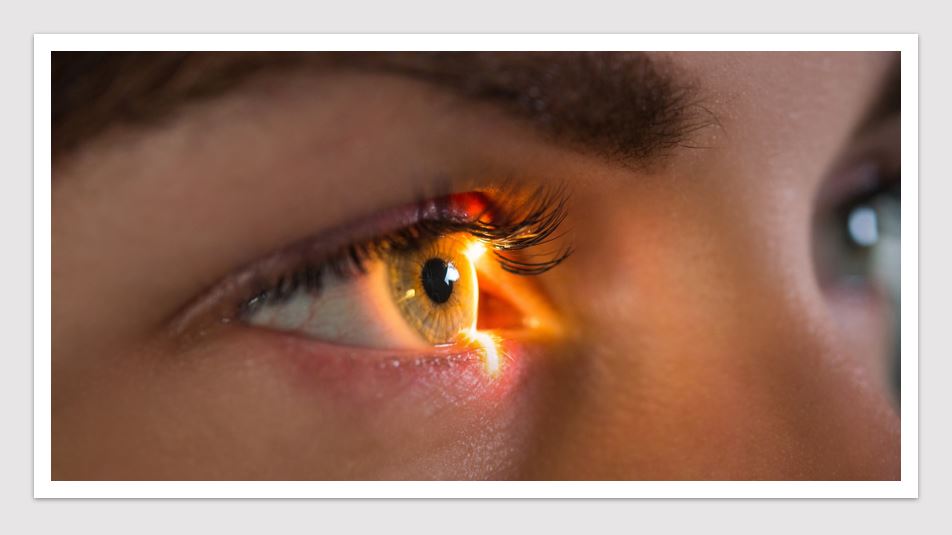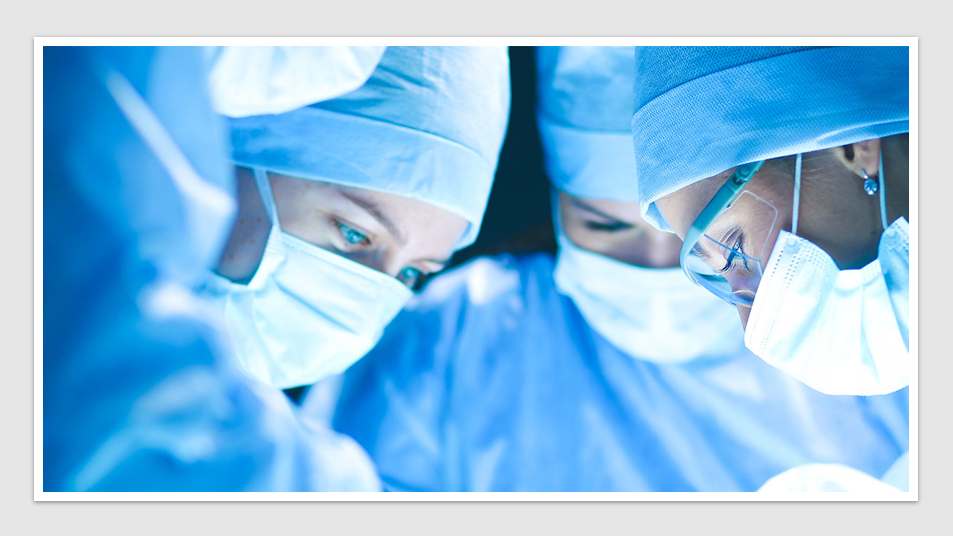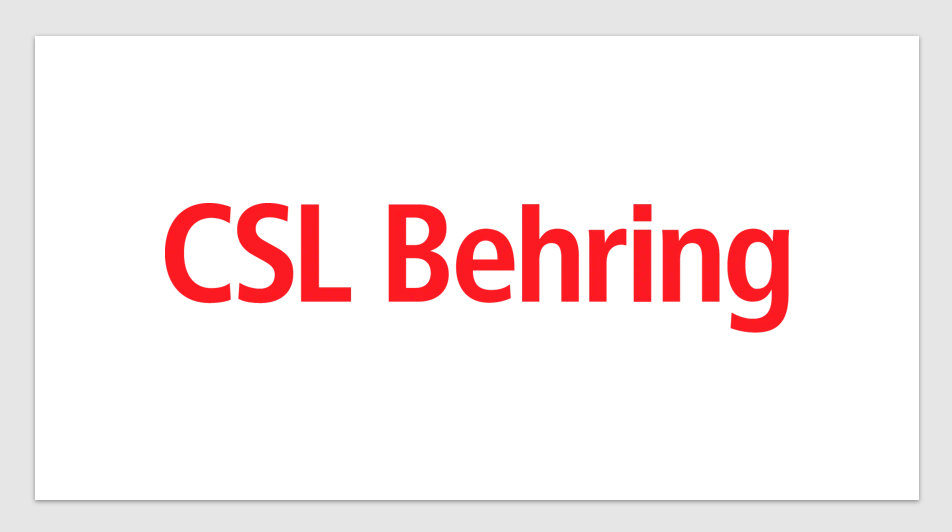Digital & Innovation
Researchers for AI-powered glaucoma screening test look to attract commercial partner

Digital & Innovation: Developed by a research team of engineers and ophthalmologists, the test uses infra-red sensors to monitor eye movement and can produce accurate results within seconds.
About 80 million people worldwide have glaucoma, with more than 111 million expected to be living with the disease by 2040. About 1 in 50 Australians will develop glaucoma in their lifetime. The loss of sight is usually gradual and 50% of people with glaucoma do not know they have it. Currently, glaucoma is diagnosed through a 30-minute eye pressure test delivered by an ophthalmologist.
The new AI-powered test, led by RMIT University in Melbourne, takes just 10 seconds to show if there is a risk of glaucoma, making it ideal for use in a national screening program.
Lead researcher Professor Dinesh Kumar, RMIT, said early detection, diagnosis and treatment could help prevent blindness, so making screening faster and more accessible was critical.
“This research will allow a non-contact, easy-to-use and low-cost test that can performed routinely at general clinics,” he said.
“It could also promote a community-wide screening program, reaching people who might not otherwise seek treatment until it’s too late.”
The pioneering technology differentiates between glaucoma and healthy eyes by analysing changes in pupil size.
In the study, published in IEEE Access, pupils were measured 60 times per second using a low-cost commercial eye tracker.
Under ambient light conditions, patients looked at a computer screen while custom software measured and analysed specific changes in their pupil size. The software then compared the results against existing samples of glaucoma and healthy eyes to determine the risk of glaucoma.
Dr Quoc Cuong Ngo, RMIT, said the new tech was faster and better than any similar AI-based approach.
“Our software can measure how the pupil adjusts to ambient light and capture minuscule changes in the shape and size of the pupil,” he said.
“Existing AI glaucoma tests require the patient to be perfectly still for up to 10 minutes. Our tech does the job in 10 seconds, without compromising on accuracy.”
The team is now looking to adapt the technology to work with smartphone cameras instead of the eye tracker used in the study.
They are also looking for a commercial partner ahead of a clinical trial planned for 2022 – email biosignalslab@rmit.edu.au.
News & Trends - Biotechnology

AusBiotech appoints new CEO: Former Sanofi corporate affairs and sustainability leader takes the helm
Biotech News: AusBiotech, the nation’s leading industry body for the biotech sector, has named former leader at Sanofi, Rebekah Cassidy, […]
MoreNews & Trends - MedTech & Diagnostics

Federal government invests in Siemens Healthineers scanner to ‘reduce wait times’ for cancer diagnosis
MedTech & Diagnostics News: The Albanese Government is investing $12 million through the 2024–25 Budget, to purchase and install a […]
MoreNews & Trends - MedTech & Diagnostics

Cardiac device benefits face more cuts, while technical services remain secure in the short term
MedTech & Diagnostics News: Starting from July 2024, Cardiac Implantable Electronic Devices (CIED) listed on the Prescribed List (PL) will […]
MoreNews & Trends - Biotechnology

CSL’s world-first gene therapy heads for MSAC evaluation
Biotech News: CSL’s world-first gene therapy for haemophilia B is scheduled for consideration at the upcoming Medical Services Advisory Committee (MSAC) […]
More